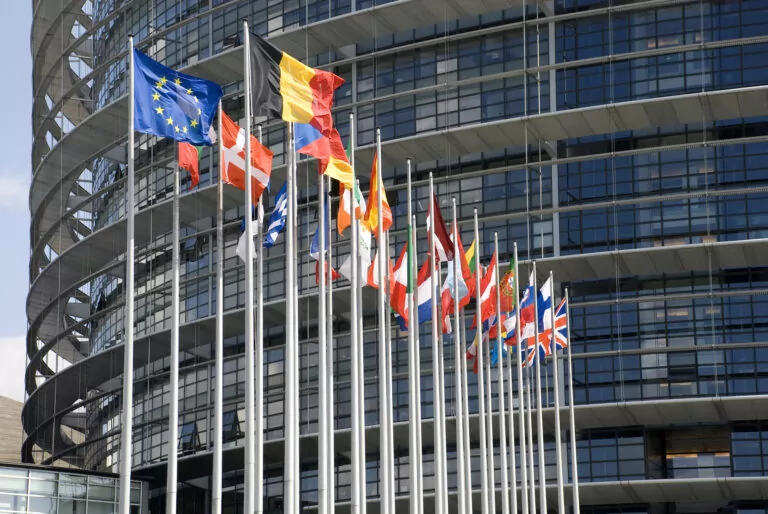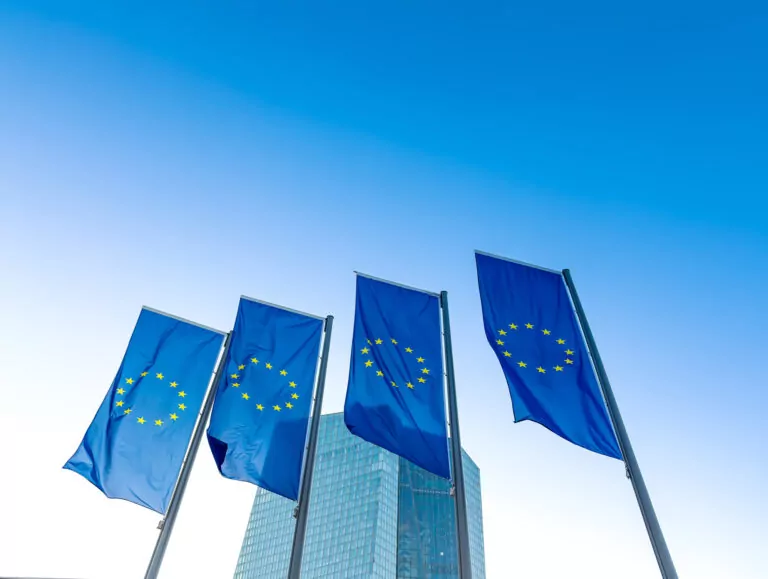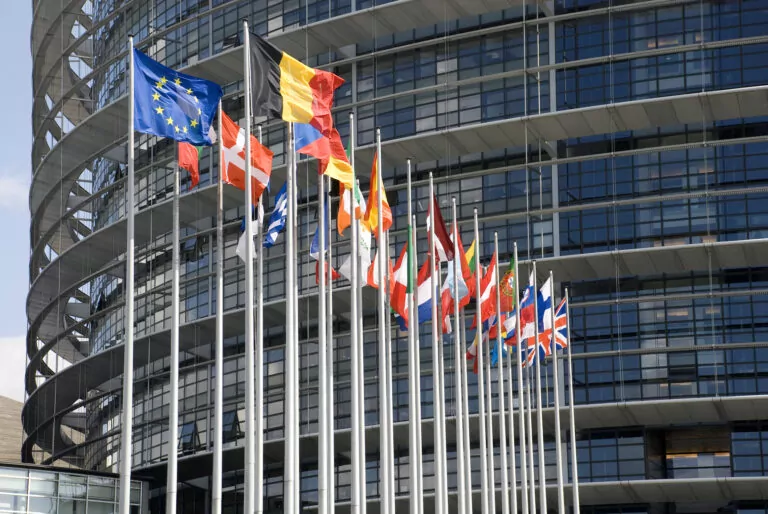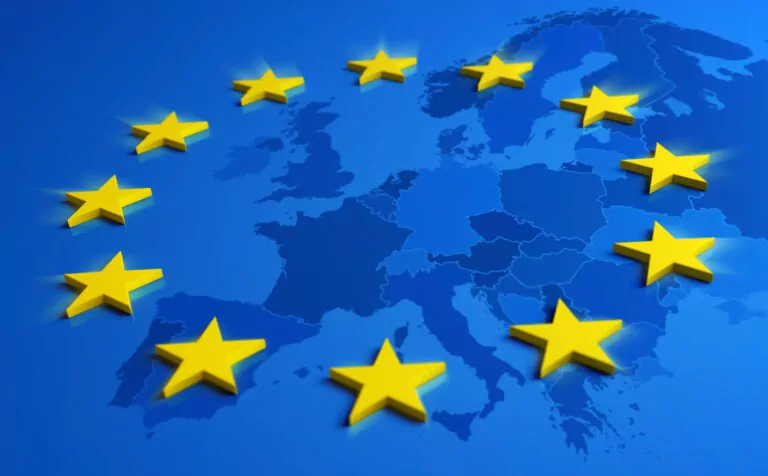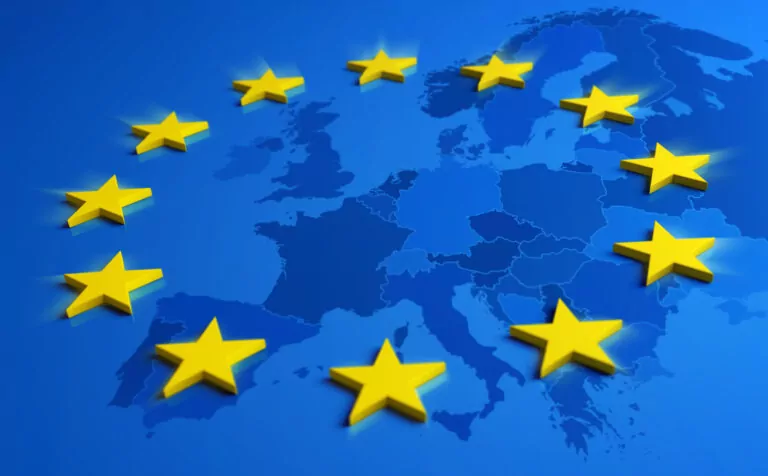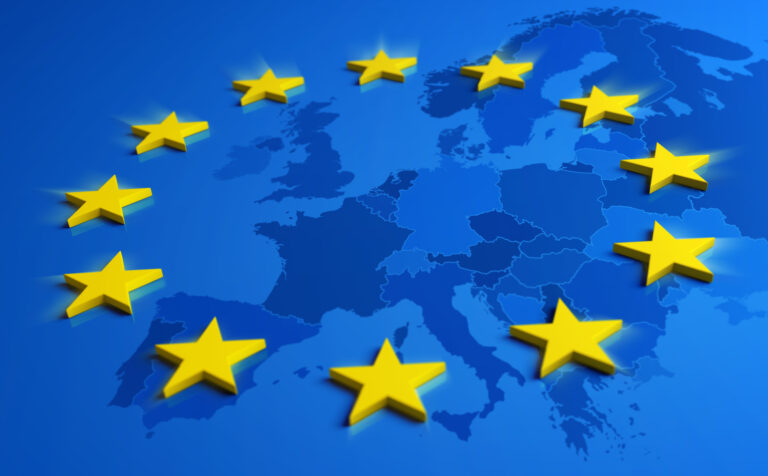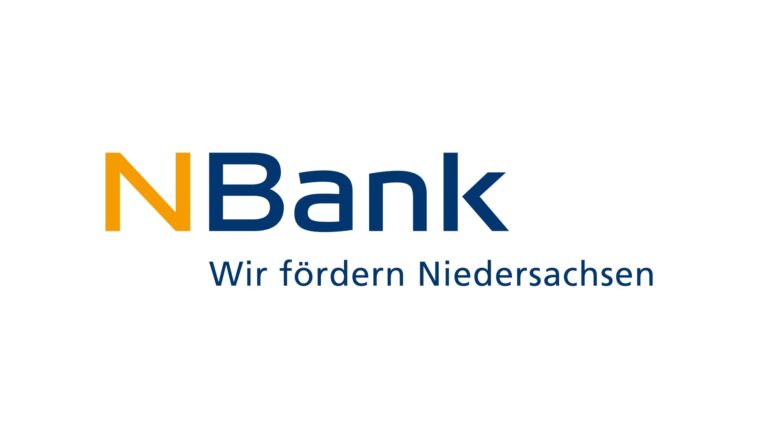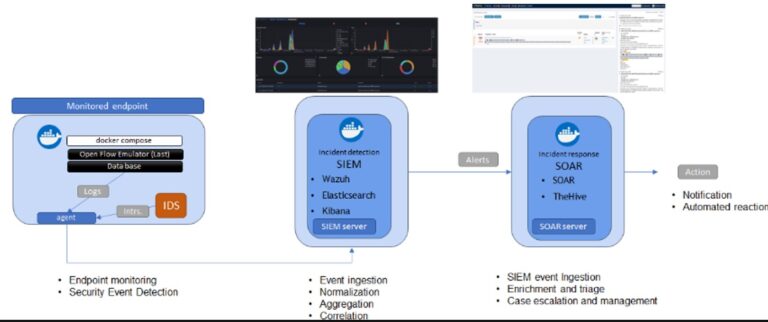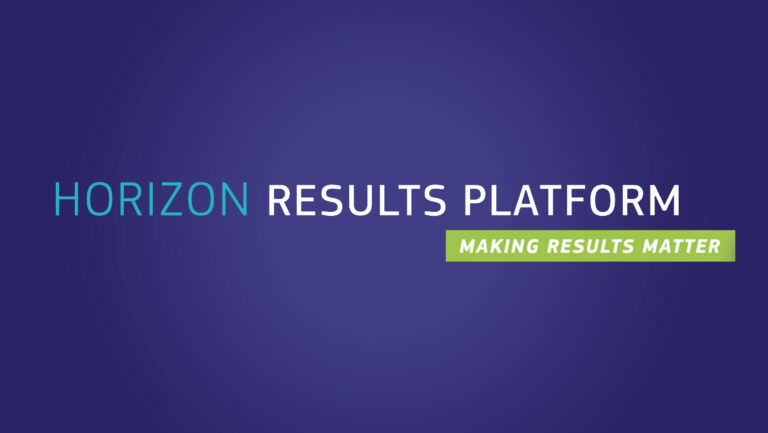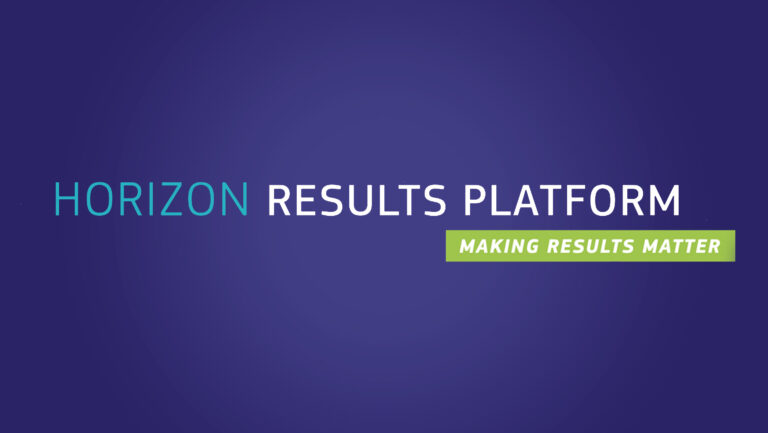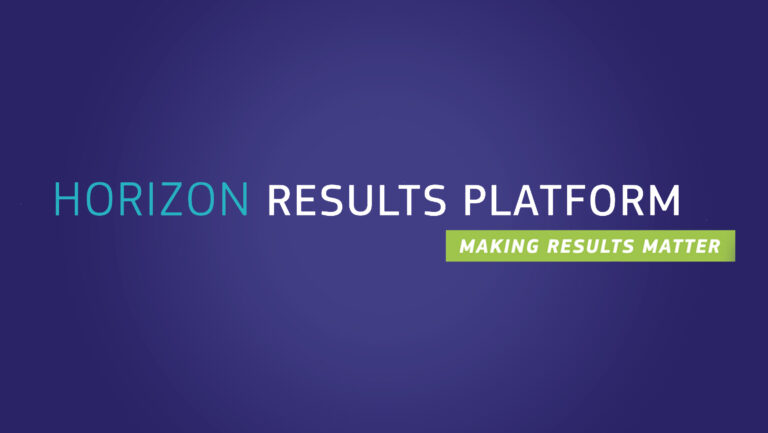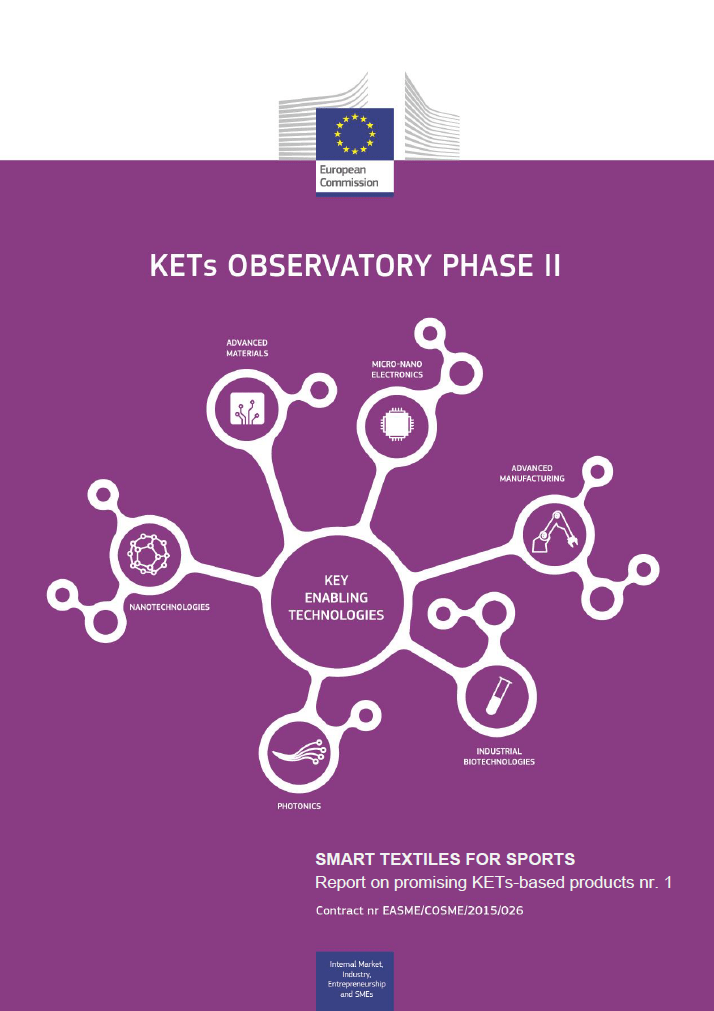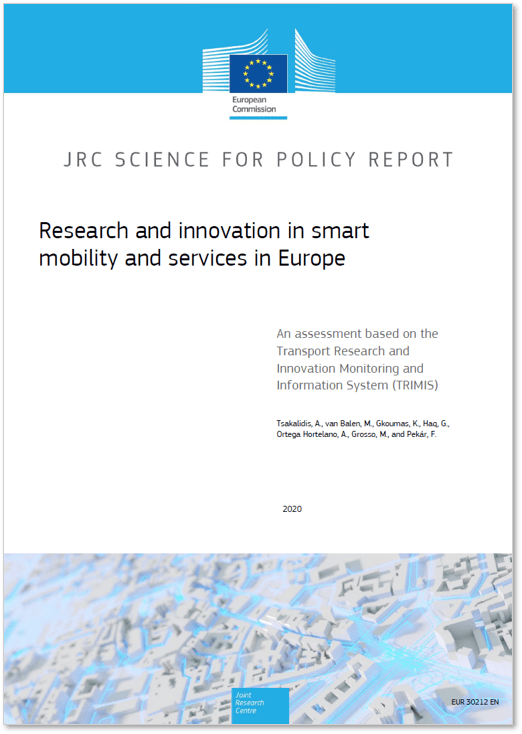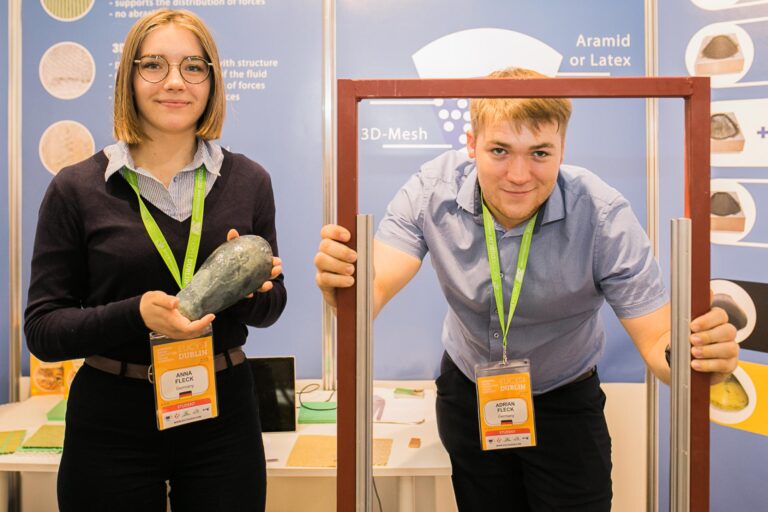Add to favorites:
Share:
Projects should contribute to all of the following expected outcomes:
- Collect data and analyse the prevalence and impact of gender-based violence (GBV), including tech-facilitated GBV, in different socio-economic contexts and legislative frameworks, and provide policymakers at regional, national and EU level with recommendations to address it.
- Support employers, policymakers, practitioners, and civil society organisations in their work on the prevention, protection, prosecution, and provision of services in addressing GBV, including through promoting best practice sharing, mutual learning and education material focused on consent.
Gender-based violence (GBV) is a prevalent issue, with 1 in 3 women in the EU having experienced physical and/or sexual violence, 22% of women in the EU having experienced violence by an intimate partner, and 55% having been sexually harassed.[1] GBV has destructive consequences for individuals, organisations, the economy, and society as a whole. Gender-based violence is violence directed against a person because of that person's gender or violence that affects persons of a particular gender disproportionately. It can be sexual, physical, verbal, psychological, or economic and occur in different forms, including threats of such acts, coercion or arbitrary deprivation of liberty. However, important knowledge gaps remain on the prevalence and impact of gender-based violence across different social and economic areas. For example, in certain sectors, occupations and work arrangements, like night work, healthcare, hospitality, social services, emergency services, transport and education, workers are more exposed to violence and harassment, although comparable, intersectional data is often still lacking in these fields.[2] While the restrictions imposed during the COVID-19 pandemic led to an increase in domestic violence, still little is known about the impact of the associated rise in teleworking on women’s working conditions, including the safety of their working environment. Moreover, in sports, initial studies on sexual GBV showed that a significant percentage of female athletes in Europe are exposed to sexual harassment[3], but no comprehensive pan-European data is available on this.
Another research field, which requires further attention is the impact of tech-facilitated GBV, including non-consensual sharing of sexually explicit images, manipulated intimate images (e.g., deepfakes and other forms of generative AI), or child sexual abuse online, as well as the potential positive and negative use and effects of AI on GBV.
Therefore, proposals should look at gender-based violence in one or more of the following areas: 1) GBV in the world of work, 2) GBV in sports 3) GBV on online platforms.
Across these areas, proposals should take into account online and offline forms of gender-based violence, and consider intersecting factors, such as age, socio-economic and migrant background, disability, racial or ethnic origin , religion, geography, as well as gender identity and sexual orientation. Proposals should also address the role of bystanders and superiors in addressing gender-based violence and assess the availability and effectiveness of victim support. For data collection, proposals should make use of surveys, as well as administrative data, where available, to assess how public services respond to the needs of GBV survivors and can foster a safe environment. Where appropriate, proposals should seek the involvement of law enforcement, prosecutors and judges, together with academia/SSH research to optimise input and uptake. For proposals addressing the world of work, the involvement of social partners is encouraged.
Where applicable, proposals should leverage the data and services available through European Research Infrastructures federated under the European Open Science Cloud, as well as data from relevant Data Spaces. Particular efforts should be made to ensure that the data produced in the context of this topic is FAIR (Findable, Accessible, Interoperable and Re-usable).
The outcomes of this research will be particularly important in view of recent policy developments, including the EU’s accession to the Istanbul Convention, the EU Directive on Combatting Violence against Women and Domestic Violence, Commission Recommendation on integrated child protection to protect children from all forms of violence, as wells the ILO Convention no.190 on eliminating violence and harassment in the World of Work.
Synergies with projects under the DAPHNE strand of the Citizens, Equality, Rights and Values (CERV) programme are encouraged. International cooperation is encouraged, in line with the Gender Equality Strategy for External Action (GAPIII).
[1] European Union Fundamental Rights Agency, Violence against women: an EU-wide survey. Results at a glance, 2014.
[2] Violence and harassment in the world of work: A guide on Convention No. 190 and Recommendation No. 206 International Labour Office – Geneva: ILO, 2021.
[3] See Recommendations and Action Plan from the High-level group on gender equality in sport: Towards more gender equality in sport. https://op.europa.eu/en/publication-detail/-/publication/684ab3af-9f57-11ec-83e1-01aa75ed71a1/language-en
Expected Outcome
Projects should contribute to all of the following expected outcomes:
- Collect data and analyse the prevalence and impact of gender-based violence (GBV), including tech-facilitated GBV, in different socio-economic contexts and legislative frameworks, and provide policymakers at regional, national and EU level with recommendations to address it.
- Support employers, policymakers, practitioners, and civil society organisations in their work on the prevention, protection, prosecution, and provision of services in addressing GBV, including through promoting best practice sharing, mutual learning and education material focused on consent.
Scope
Gender-based violence (GBV) is a prevalent issue, with 1 in 3 women in the EU having experienced physical and/or sexual violence, 22% of women in the EU having experienced violence by an intimate partner, and 55% having been sexually harassed.[1] GBV has destructive consequences for individuals, organisations, the economy, and society as a whole. Gender-based violence is violence directed against a person because of that person's gender or violence that affects persons of a particular gender disproportionately. It can be sexual, physical, verbal, psychological, or economic and occur in different forms, including threats of such acts, coercion or arbitrary deprivation of liberty. However, important knowledge gaps remain on the prevalence and impact of gender-based violence across different social and economic areas. For example, in certain sectors, occupations and work arrangements, like night work, healthcare, hospitality, social services, emergency services, transport and education, workers are more exposed to violence and harassment, although comparable, intersectional data is often still lacking in these fields.[2] While the restrictions imposed during the COVID-19 pandemic led to an increase in domestic violence, still little is known about the impact of the associated rise in teleworking on women’s working conditions, including the safety of their working environment. Moreover, in sports, initial studies on sexual GBV showed that a significant percentage of female athletes in Europe are exposed to sexual harassment[3], but no comprehensive pan-European data is available on this.
Another research field, which requires further attention is the impact of tech-facilitated GBV, including non-consensual sharing of sexually explicit images, manipulated intimate images (e.g., deepfakes and other forms of generative AI), or child sexual abuse online, as well as the potential positive and negative use and effects of AI on GBV.
Therefore, proposals should look at gender-based violence in one or more of the following areas: 1) GBV in the world of work, 2) GBV in sports 3) GBV on online platforms.
Across these areas, proposals should take into account online and offline forms of gender-based violence, and consider intersecting factors, such as age, socio-economic and migrant background, disability, racial or ethnic origin , religion, geography, as well as gender identity and sexual orientation. Proposals should also address the role of bystanders and superiors in addressing gender-based violence and assess the availability and effectiveness of victim support. For data collection, proposals should make use of surveys, as well as administrative data, where available, to assess how public services respond to the needs of GBV survivors and can foster a safe environment. Where appropriate, proposals should seek the involvement of law enforcement, prosecutors and judges, together with academia/SSH research to optimise input and uptake. For proposals addressing the world of work, the involvement of social partners is encouraged.
Where applicable, proposals should leverage the data and services available through European Research Infrastructures federated under the European Open Science Cloud, as well as data from relevant Data Spaces. Particular efforts should be made to ensure that the data produced in the context of this topic is FAIR (Findable, Accessible, Interoperable and Re-usable).
The outcomes of this research will be particularly important in view of recent policy developments, including the EU’s accession to the Istanbul Convention, the EU Directive on Combatting Violence against Women and Domestic Violence, Commission Recommendation on integrated child protection to protect children from all forms of violence, as wells the ILO Convention no.190 on eliminating violence and harassment in the World of Work.
Synergies with projects under the DAPHNE strand of the Citizens, Equality, Rights and Values (CERV) programme are encouraged. International cooperation is encouraged, in line with the Gender Equality Strategy for External Action (GAPIII).
[1] European Union Fundamental Rights Agency, Violence against women: an EU-wide survey. Results at a glance, 2014.
[2] Violence and harassment in the world of work: A guide on Convention No. 190 and Recommendation No. 206 International Labour Office – Geneva: ILO, 2021.
[3] See Recommendations and Action Plan from the High-level group on gender equality in sport: Towards more gender equality in sport. https://op.europa.eu/en/publication-detail/-/publication/684ab3af-9f57-11ec-83e1-01aa75ed71a1/language-en
Partner Requests
Explore Real Collaboration Opportunities
🔍 As a logged-in member, you now have exclusive access to all active Partner Requests for this Funding Call.
See who’s looking for collaborators, explore exciting project ideas, and discover how others are planning to make an impact.
💡 Use these insights to get inspired—or take the next step and start a request of your own (3 entries for free).
Log in or registrate here for free.
You must be logged in to submit or manage a partner request.
Ask our experts about this call
Connect with the Listing Owner!
💬 Please log in now to send a direct message to our experts and ask your questions. Not a member yet? Sign up for free and start connecting today!
Related Funding and Finance Opportunities
Unlock Exclusive Funding Opportunities!
🔑 Get instant access to tailored funding opportunities that perfectly match your needs. This powerful feature is exclusively available to our premium members—helping you save time, stay ahead of the competition, and secure the right funding faster.
Upgrade to Premium now and never miss an important opportunity again! Already a premium member? Log in here to explore your matches.
Related Innovation Offers
Related Knowledgebase Resources
Discover More with Premium: Related Knowledge Resources
🔒 You’re missing out on expert-curated knowledge specifically matched to this topic. As a Premium member, you gain exclusive access to in-depth articles, guides, and insights that help you make smarter decisions, faster.
Whether you’re preparing a funding proposal, researching a new market, or just need reliable information—our Premium knowledge matches save you hours of research and point you directly to what matters.
Upgrade to Premium now and instantly unlock relevant knowledge tailored to your needs! Already a member? Log in here to view your personalized content.


